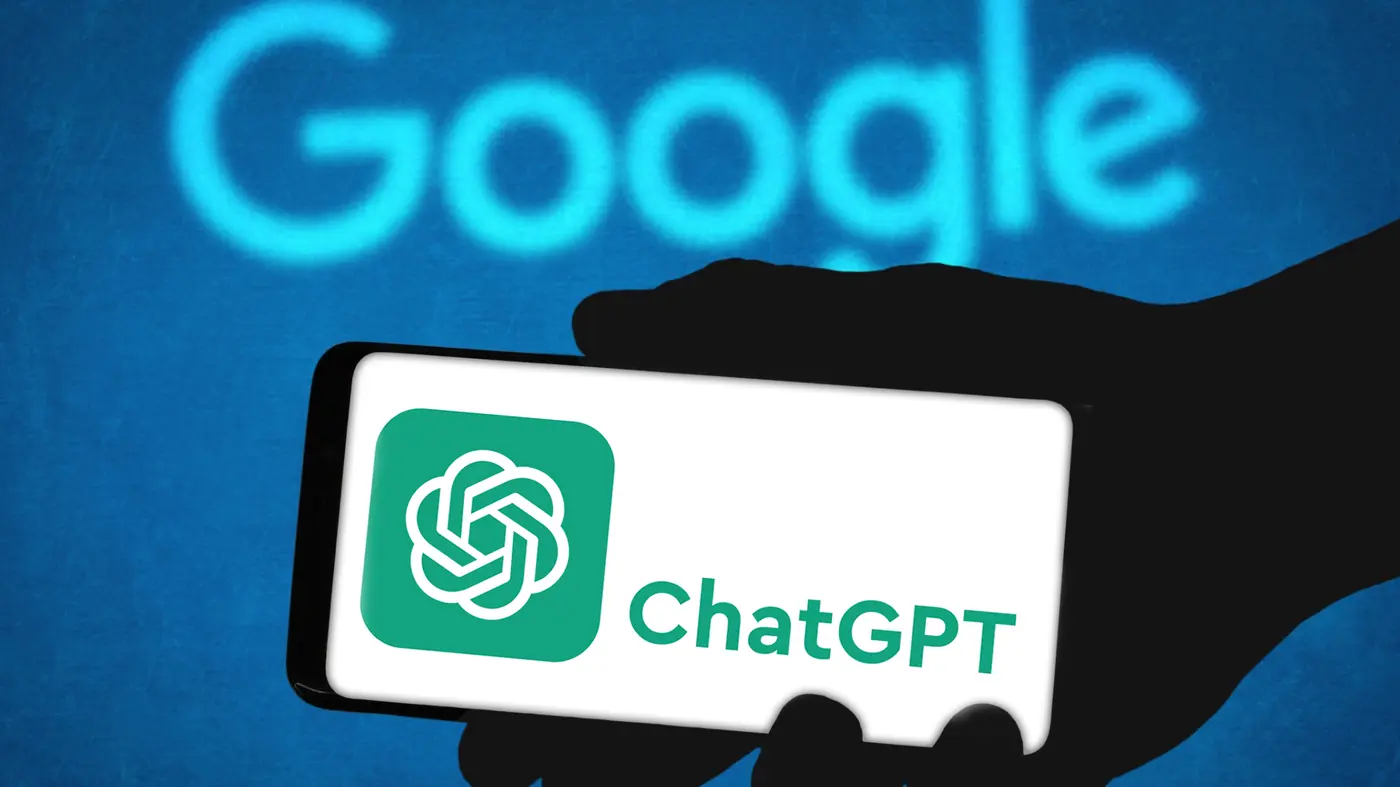T4K3.news
OpenAI updates ChatGPT's approach to sensitive queries
OpenAI modifies ChatGPT to encourage reflection instead of giving direct advice.

OpenAI modifies ChatGPT to encourage reflective responses and limit direct advice.
OpenAI changes ChatGPT's approach to sensitive user inquiries
OpenAI has announced significant changes to ChatGPT, aiming to reshape how the chatbot handles sensitive personal inquiries such as relationship decisions. The new approach encourages users to reflect on their problems rather than receive definitive answers. OpenAI stressed that ChatGPT should prompt users to weigh their thoughts and feelings instead of making outright recommendations. This decision follows concerns that previous interactions sometimes failed to recognize indicators of mental health issues. According to OpenAI, the changes will guide users toward evidence-based resources in cases of distress. Additionally, reminders to take breaks during lengthy sessions will be implemented, similar to practices used by social media platforms.
Key Takeaways
"When you ask something like, ‘Should I break up with my boyfriend?’ ChatGPT shouldn’t give you an answer."
This captures OpenAI's intent for ChatGPT to foster reflection rather than provide direct advice.
"We hold ourselves to one test: if someone we love turned to ChatGPT for support, would we feel reassured?"
This emphasizes OpenAI's commitment to user safety and ethical considerations in AI interactions.
OpenAI's decision to shift ChatGPT’s functionality indicates a growing awareness of the potential mental health implications associated with AI interactions. By encouraging self-reflection rather than providing direct advice, the company addresses critiques that its technology could inadvertently worsen users' psychological challenges. The awareness of how AI can impact vulnerable individuals marks a pivotal step in responsibly harnessing chatbot technology. The involvement of mental health professionals in these updates suggests a commitment to enhancing user safety but raises questions about the efficacy of such measures. As AI becomes more embedded in daily life, the delicate balance of engagement and ethical responsibility remains critical.
Highlights
- ChatGPT will no longer give you yes or no answers.
- Reflecting on feelings can lead to better decisions.
- OpenAI seeks guidance from mental health experts.
- Gentle reminders promote healthier interactions.
Potential risks in mental health support via AI
The changes to ChatGPT's interaction style highlight concerns about AI's impact on users' mental health and safety. While OpenAI aims to improve responses, the challenge lies in ensuring these new measures effectively protect vulnerable individuals. The risk of AI inadvertently worsening mental health crises remains significant and will require ongoing attention and adaptation.
The future of AI in mental health support will depend on continuous evaluation and adaptation.
Enjoyed this? Let your friends know!
Related News
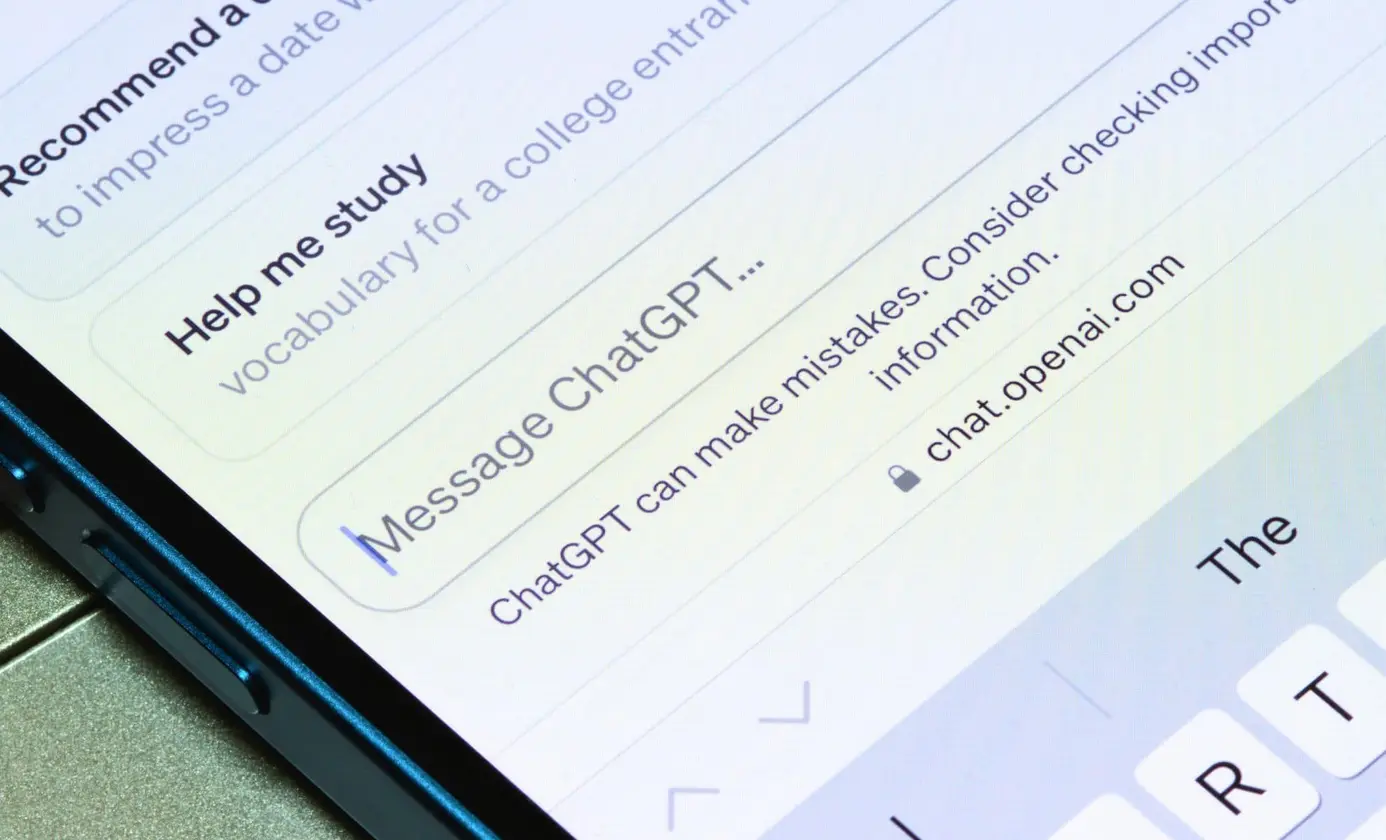
OpenAI Announces Changes to ChatGPT's Interaction Style

OpenAI halts ChatGPT feature after privacy leak
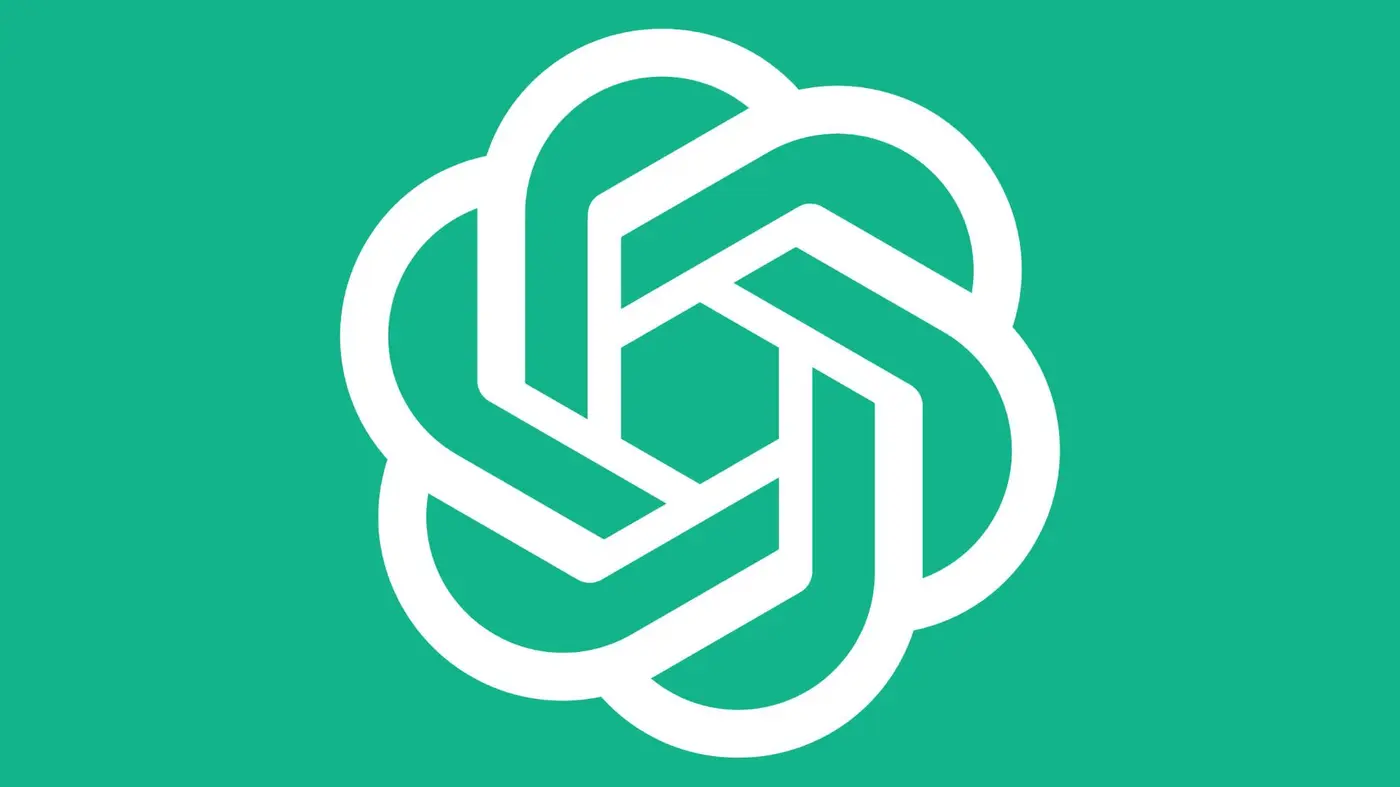
OpenAI Introduces Mental Health Features in ChatGPT
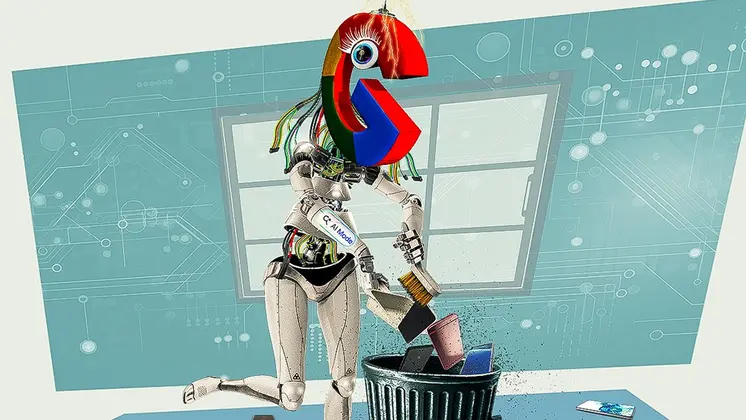
Google launches AI Mode in the UK

OpenAI launches upgraded ChatGPT model

ChatGPT introduces temporary chat mode to enhance privacy
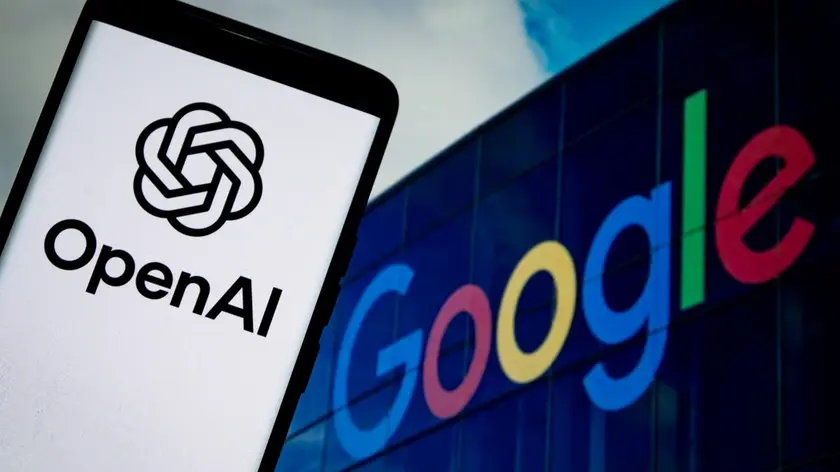
ChatGPT Discontinues Public Chat Feature

OpenAI launches new GPT-5 model
